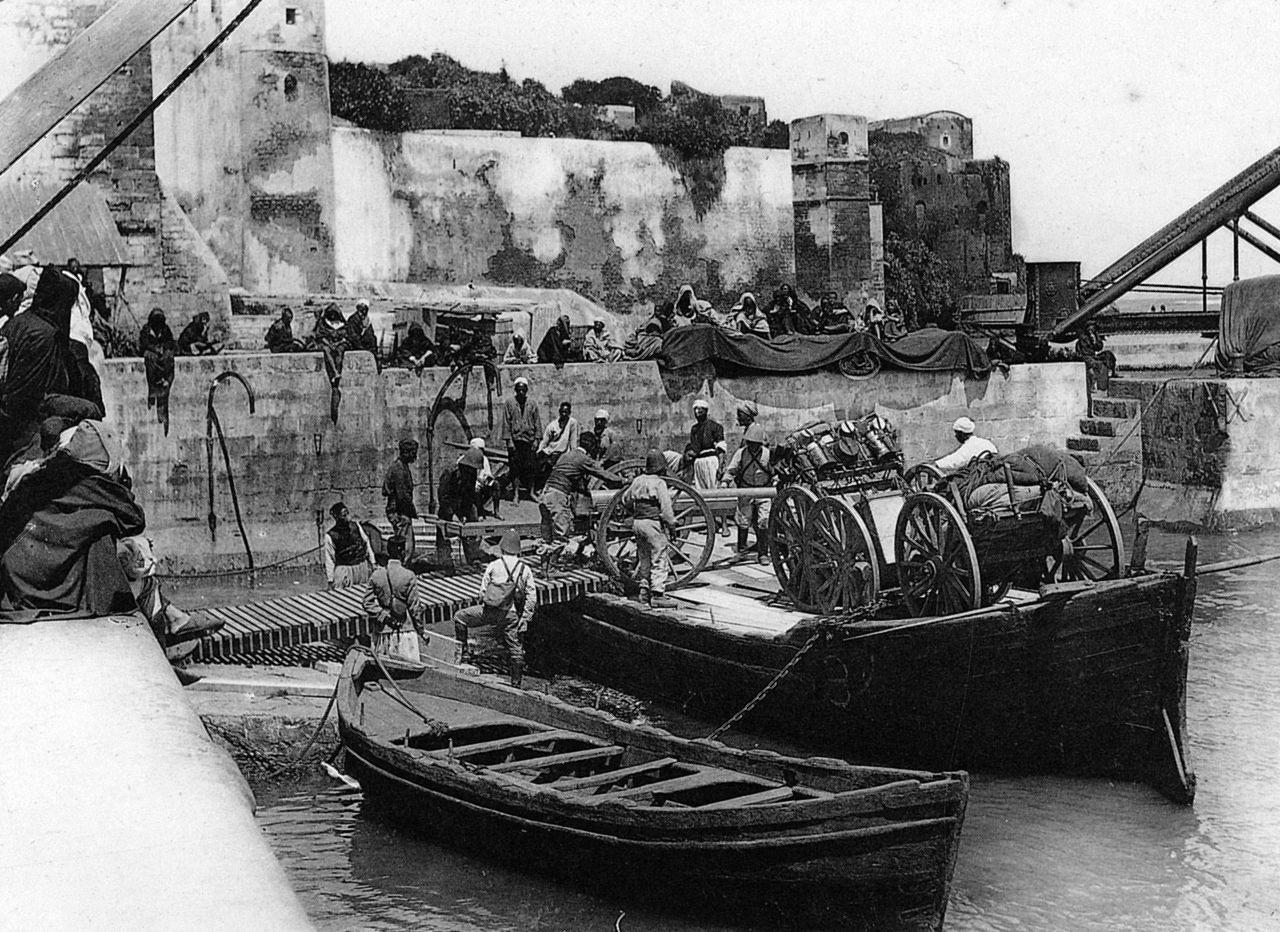 At Juan Cole’s Informed Comment, Edmund Burke III (!) on déjà vu all over again in the Middle East:
At Juan Cole’s Informed Comment, Edmund Burke III (!) on déjà vu all over again in the Middle East:
In 1900 media fulmination about the threat posed by alleged Muslim fanaticism dominated the headlines. Then as now, nineteenth century European tabloid railings against the Sudanese Mahdi and pan-Islamic conspiracies were a proven way to sell newspapers. Then as now, the lords of empire sought to spook metropolitan populations into supporting military interventions by manufacturing Muslim rebels. Then as now, this helped win continued public support for endless war and colonial expansion. Thus our current preoccupations with al-Qaida, Somali hijackers and ISIS fanatics, fit rather well in the museum of imperialist culture.
The French colonial experience provides a salient example. French Algeria was a veritable bestiary of what not to do, ranging from such Islamophobic policies of closing mosques, libraries and Islamic schools to demonizing sufi brotherhoods as the sources of alleged pan-Islamic insurgency. By 1900, French colonial experts and metropolitan officials had become convinced that a change was needed. They looked to the model of British India for an example of what worked, and to Morocco as the potential site where they could “get it right” by introducing the model of British India. But before they could do that, they first had to get acquiescence of the other European powers and contend with Moroccan resistance.
Still an independent state in 1900, Morocco was coveted by no less than four major European powers. Indeed, Europe would several times come to the brink of war in the period 1900-1912 over what was then called “the Moroccan Question.” In order to deploy the “scientific imperialism” tool kit, a systematic French effort to study Moroccan society and its culture and institutions was required. Yet as late as 1900, European ignorance about Morocco was profound.. Few studies existed, and those that did traded heavily in orientalist clichés. Morocco was viewed as a “Tibet on the doorstep of Europe.” And France was only slightly better informed about Morocco than its main rivals–Britain, Spain and Germany
What makes the Moroccan case so interesting is that the Moroccan colonial archive was created in the span of a single generation in the heyday of “scientific imperialism.” Thus from the start “Moroccan Islam” was intended to provide support for the French colonial project. In Morocco we get to see the elaboration of a colonial archive—a task that took a century for the British to accomplish in India. We also get to see the uses to which ethnographic knowledge was put in the elaboration of the colonial project. This story is the very opposite of the U.S. experience in Afghanistan and Iraq.
